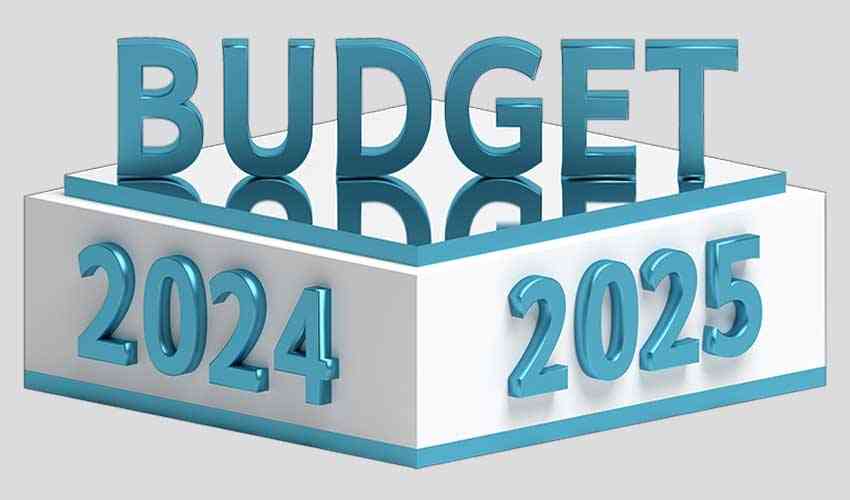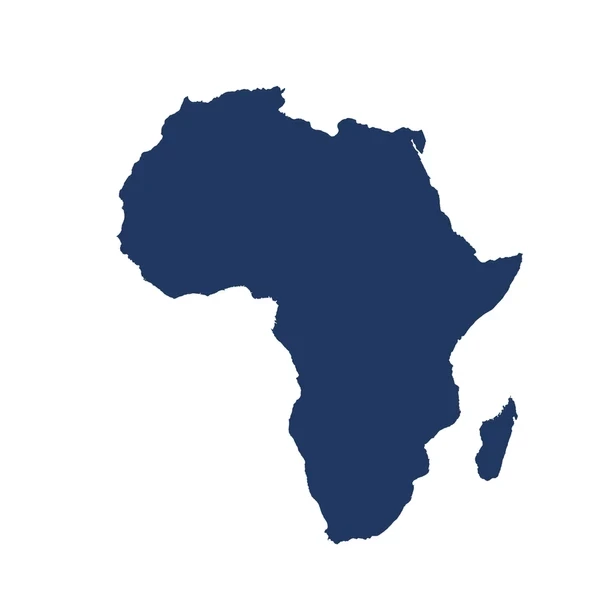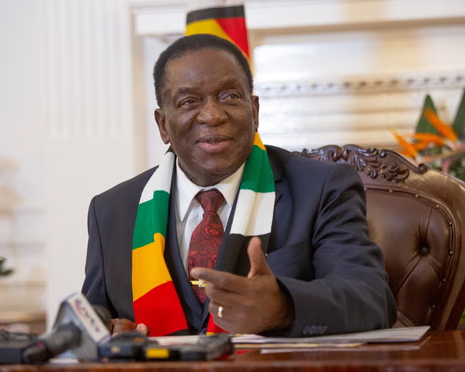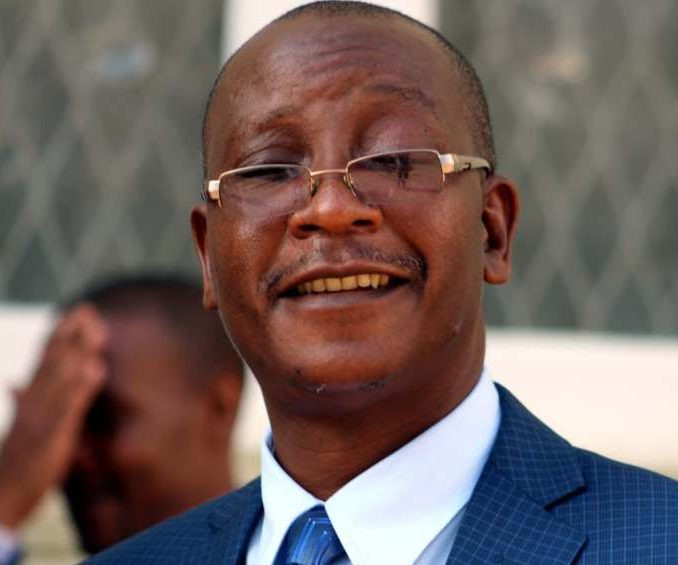
Budget consultations remain a key instrument of transparency and accountability while ensuring ownership of the budget by citizens.
‘Budget consultation season is hence one of the most critical time periods in any delivery of meaningful development and participatory democracy.
This is due to the fact that consultation narrates and supports the actual priorities of leaders versus what citizens want.
On September 10, the parliamentary portfolio committee (PPC) on budget, finance and investment promotion proclaimed the dates for budget consultations into the 2025 national budget starting on September 29 to October 4.
Four teams will be deployed through the week, servicing a total of 26 locations/ venues. Therein lies the first question as far as fair reach is concerned.
From a Zimbabwean population of 17 million, how feasible is it that the allocated teams will be able to reach a representative enough portion of the nation?
While impossible for budget consultations to reach everyone, they should at least reach a representative number of citizens.
As such, supporting mechanisms should be adopted to bolsterthe effort by the PPC on budget and finance.
- Nurses fume over paltry govt loans
- 'Apostolic sects frustrating fight against measles'
- Opinion: GZU School of Medicine should improve health service in Masvingo
- Mpilo doctors’ quarters rehab complete
Keep Reading
As an institution, Zimcodd is engaged in our annual #PeoplesBudget campaign which calls on all citizens to participate in the formation of next year’s annual expenditure.
This is in compliance with the constitution of Zimbabwe’s Section 141 which demands that Parliament involve the public in their oversight processes, ensure that interested parties are consulted and to conduct its affairs in a transparent manner.
Following, this process is not a mere box ticking exercise but should be a sincere effort to receive comprehensive contribution from members of the public.
Citizens can send in their Budget Asks to our social media, email zimcoddzimcodd@gmail.com or use the hashtag above.
The national budget provides the Executive with an opportunity to improve the lives of people by allocating resources to high priority areas to restore desired outcomes for citizens.
Further, breaking down budget spending into easily understandable information bits helps citizens understand where money is being spent and encourage them to think about where they might need to redirect to.
Citizens don’t always have access to their members of parliament and interface with the PPC on budget and finance gives them an opportunity to debate as a group while receiving accurate expenditure data.
Key Issues/ concerns from the 2024 budget
Public funding for health care has decreased to 9.82% of the total budget from 12.35% in 2023.
The Abuja Declaration (2001) calls governments to spend 15% of their total budget to be set aside for public health.
Ministry of Health and Child Care (MoHCC) got only 34% of their total bids for funding in 2024.
Notwithstanding low funding for public health, disbursement of funds from the Treasury is very slow. As of June 30, 2024, the MoHCC had received only 28% of its budget.
The mid-year budget review highlighted the budget utilisation statistics for the 2024 midterm period. Only a total of nine out of 39 sectors had utilised over 50% of their allocated resources.
The Ministry of Public Service, Labour and Social Welfare only utilised 6.8% of its allocated resources yet this is the ministry that is responsible for the administration of social protection services such as Basic Education Assistance Module (Beam), health assistance, harmonised cash transfer (HCT) for the elderly and vulnerable groups and food deficit mitigation programme










